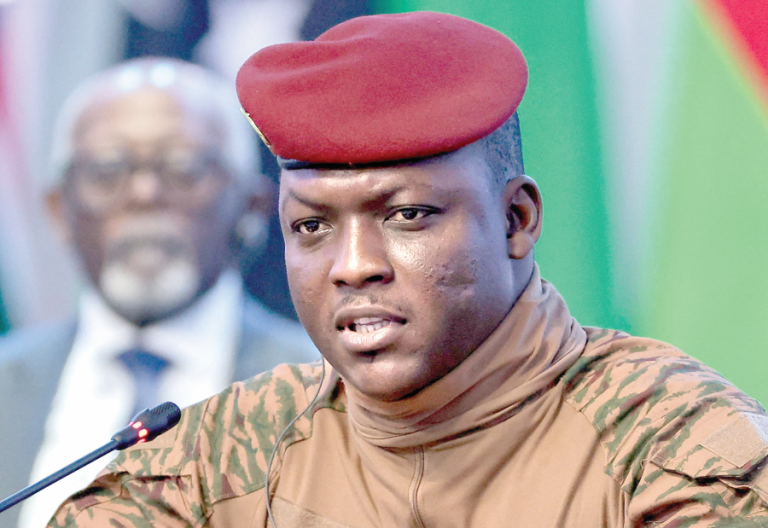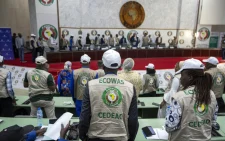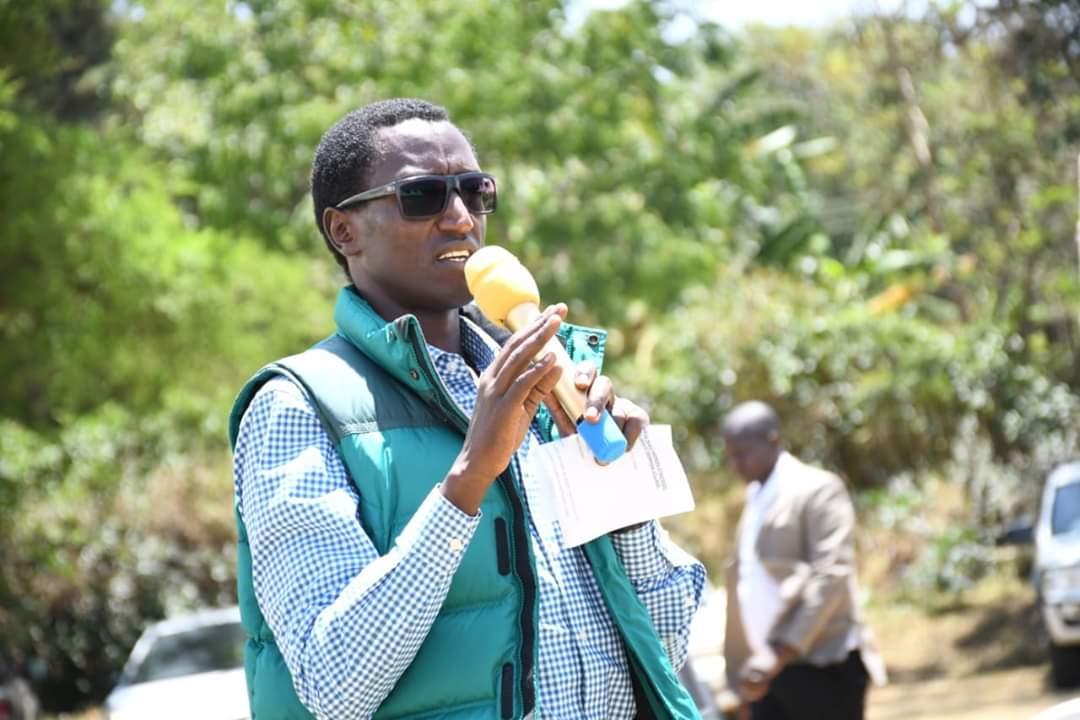Burkina’s youthful Traoré shows promise but words won’t suffice

Will Ibrahim Traoré realize fallen Colonel Muammar Gaddafi’s Pan-African dream and make history as a transformative leader?
Maybe yes. Maybe no. But one thing is clear – the young president of Burkina Faso is determined. He walks the path of giants – and martyrs.
His bold actions show promise, but the future hinges on two critical factors – his political survival and his ability to turn revolutionary ideas into lasting institutions.
At just 35, Traoré has emerged not only as the world’s youngest leader but also as a defiant symbol of a new African awakening.
He isn’t merely managing power, he’s chasing legacy. And in doing so, he echoes the vision of the late Gaddafi – a sovereign, united Africa, free from foreign domination.
Like Gaddafi, Traoré believes in African self-reliance. Through the nationalisation of key resources, rejection of neocolonial influence, and cultural reforms, he is attempting to chart a new course for Burkina Faso – one rooted in dignity, sovereignty, and Pan-African solidarity.
Gaddafi once dreamed of a United States of Africa: one army, one currency, one voice. His vision, however, was cut short by assassination.
Today, Traoré appears ready to pick up where Gaddafi left off, reclaiming African wealth for Africans.
In Burkina Faso, that mission has begun with decisive moves – nationalising foreign-owned gold mines, halting the export of unrefined gold, and prioritising local refining and value addition.
Still, realising Gaddafi’s vision requires more than bold rhetoric. It demands sustained governance, internal stability, and strategic diplomacy in a volatile global landscape.
However, Burkina Faso remains under siege from jihadist insurgencies, with large parts of the country outside government control.
Economic fragility, compounded by possible sanctions or loss of investment, threatens the sustainability of Traoré’s ambitious reforms.
Yet despite these daunting challenges, Traoré’s defiance stands out in a continent still tethered to colonial-era dynamics.
Few African leaders have broken ties with France as decisively.
His clear rejection of neocolonial structures – whether in military presence, media influence, or resource control – places him at the forefront of a growing Pan-African resurgence.
His call for unity, and his condemnation of “begging” leaders, echoes Gaddafi’s critique – but with a youthful, grassroots resonance.
Ultimately, history won’t judge Traoré by his intentions but by his ability to build enduring institutions, inspire a continental bloc, and maintain internal stability.
The road ahead is uncertain. His enemies are many, both foreign and domestic. But so too is his potential. With the continent watching, the question lingers: So, will Ibrahim Traoré succeed where Gaddafi fell short?
Time will tell. But one thing is certain: the tide is turning. And this time, it may not turn back.
The writer is a Media Consultant and regular commentator on Governance and Democracy;kepherpeace@gmail.com














